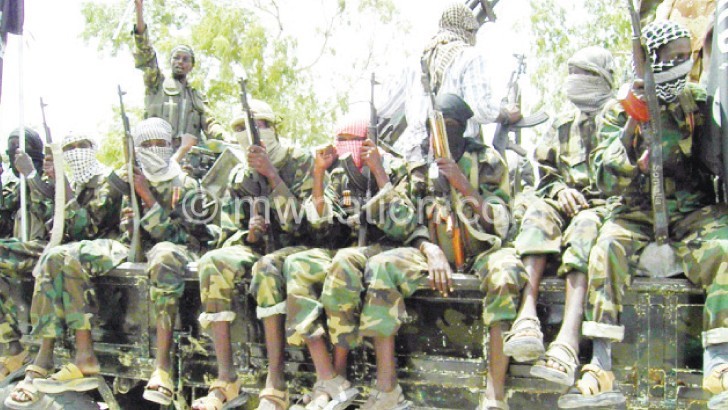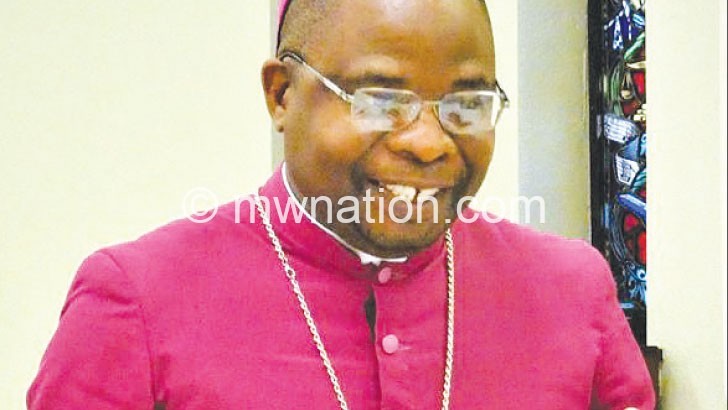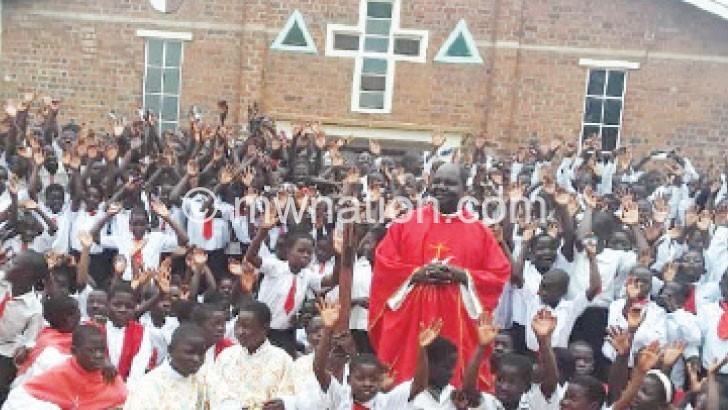Is religion breeding violence, intolerance?
Boko Haram and Islamic State in Iraq and the Levant (Isis) have carried out countless heinous attacks and criminal activities in the name of defending or advancing their faith.
In Somalia, Al-Shabaa has also reigned havoc in Somalia.
In Central African Republic (CAR), former Seleka rebelse—who are Muslims—have brought a lot of misery to the unarmed Christian believers.
And in retaliation and in an effort to defend themselves, some Christians ganged up to form anti-balaka militia group.

in northern Mogadishu, Somalia
According to Irin News Agency, balaka is the Sango word for machete. Thus, “anti-balaka” roughly means “invincible”, a power purportedly bestowed by the charms that hang around the necks of most members.
The agency says the term gained currency six years ago, when it was applied to self-defence units set up – in the absence of effective state security forces – to protect communities from attacks by Islamists, highway bandits or cattle raiders.
The international media says clashes between former Seleka rebels and anti Balaka militia that are ravaging the CAR are often described as “interfaith”, being that the Seleka are Muslims and the anti-balaka Christians.
General Francisco Soriano, commander of Sangaris, the French peacekeeping mission in CAR, once condemned the two militia groups as the main enemy of peace in the country.
Analysing the situation in CAR, Nigeria and Syria, one would be compeled to belive that the world would have been better off without religion.
But is religion really the cause or solution to our problems?
Elton Dzimbiri said in a Facebook conversation on Monday that much as religion contributes to the conflicts taking place all over the world, it would be difficult to abolish faith because it emanates from man’s feelings, his faith and consequently his nature.
Dzimbiri thinks abolishing would mean acting against the very nature that makes a man.
“What’s fundamental is to refine that faith by furnishing the people with right values,” he said.
Remigius Kanongwa said religion per se cannot be said to be a problems, but money, which tends to create social gaps among the people.
Kanongwa emphasised that mankind needs religion to help speak for the poor, to speak against the evils of cash and deliver people from the bondage of love for money.
“Remember that religion came with a holy book in one hand and cash in the other. It is the cash that spoilt religion because it created social gaps,” he said.
An ex-seminarian Benson Jackson said religion is important since its idea is to advance salvation of mankind and enjoyment of life after death.
Jackson, therefore, felt there is nothing wrong with one choosing to belong to a certain religion or the other as the aim is to get saved after death.
“Isis, Boko Haram, Al Qaeda, etc are jihads or terrorists because their main idea is beyond religion. They have a religious-political goal, which is creation of world that follows Sharia law,” he explained.
But Sheikh Dinaar Chabulika said people need to critically weigh the importance of religion before concluding that it is responsible for the spiritually-perpetrated violence in the world.
Chabulika said people should avoid confusing the actions of terrorists group with the religion they claim to follow to demonise a particular faith.
“Islam, for instance, does not condone crimes against humanity committed in the name of defending the faith. It is as if I have committed a crime and I’m saying the one I committed the crime to should get arrested. It does not work that way,” he explained.
But the sheikh noted that it is the ‘evil, manipulative hypocrites who claim to belong to all sorts of religions’ that tend to tarnish the image of each religious sect.
“There are equally good, moral and pious people in religions. It’s nothing to do with religion; it is to do with people. Two days ago, I heard the Minister of Transport announcing that in the 2015 over a thousand people lost their lives because of road accidents. Should we say just because hundreds of people die every year in car accidents then we should abolish cars?” stressed Chabulika.
Father Andrew Kaufa of the Catholic Church seemed to agree when he observes that the problem lies in fundamentalism and fanaticism and not religion as such.
Kaufa stated that this has of late become increasingly pervasive in East Africa, Nigeria as well as Syria, with dire consequences for the dignity, development and freedoms of people, tainting religion with a bad name.
“Elsewhere, there are some people who tend to use religion or a creed [Christian, Muslim, Protestant or Catholic] to pursue certain non-negotiable positions. This is why questioning the functioning of religion in society today is important. Why this hostility and barbarism in the name of God?” he explained.
He nevertheless emphasised that, looking at the importance of religion for the individual and society, these bitter experiences should not lead people to think that belonging to religion is bad.





